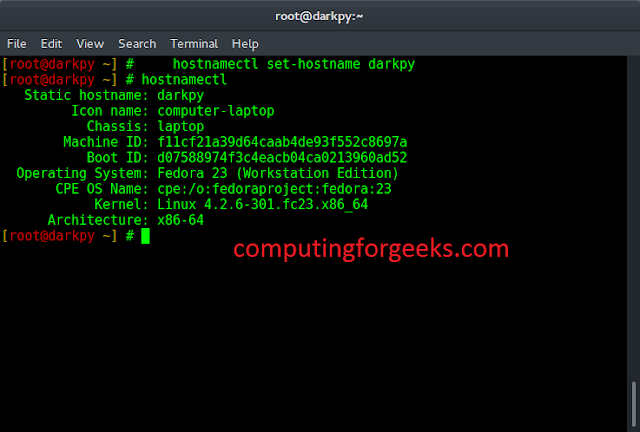With the help of sympy.sieve.search() method, we can find the indices i, j of the primes that bound a given number. If the given number is prime then i == j.
Syntax: sieve.search(n)
Parameter:
n – It denotes the number whose bounding prime indices is found.Returns: Returns a tuple containing the bounding prime indices of n.
Example #1:
# import sympy from sympy import sieve # Use sieve.search() method i, j = sieve.search(23) print("The bounding prime indices of the number 23 : {}, {}".format(i, j)) |
Output:
The bounding prime indices of the number 23 : 9, 9
Example #2:
# import sympy from sympy import sieve # Use sieve.search() method i, j = sieve.search(25) print("The bounding prime indices of the number 23 : {}, {}".format(i, j)) |
Output:
The bounding prime indices of the number 23 : 9, 10




